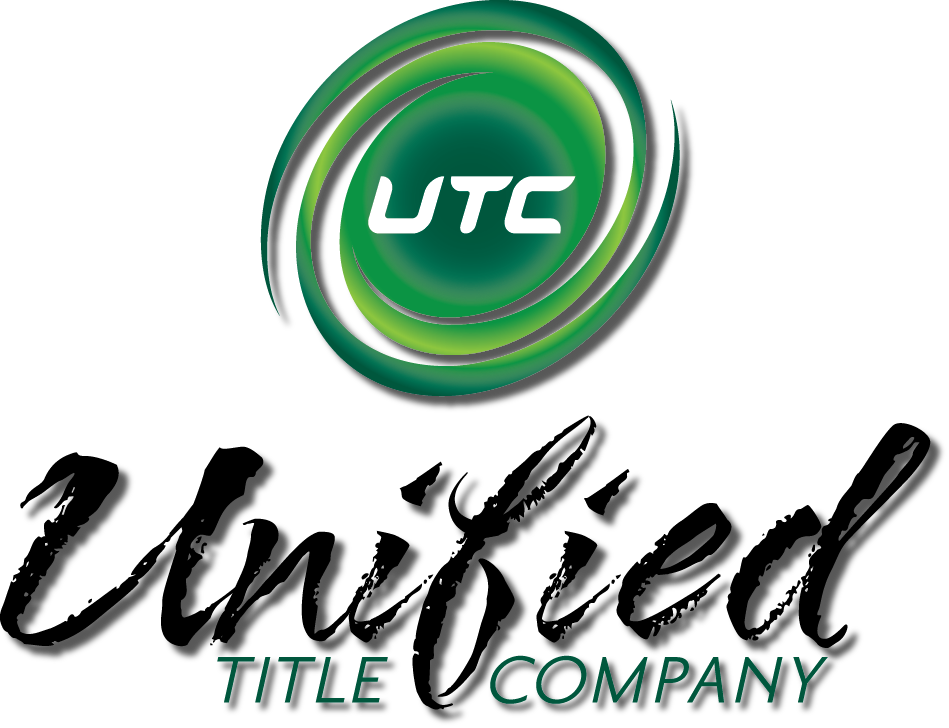Endorsements
Endorsements are a discretionary means to expand owner and/or loan policy coverage.
An insured may wish simply to change standard policy coverage to a more comprehensive form. For example, most purchasers request (by stipulation in the purchase contract) that their owner’s policy be issued with owner’s extended coverage (“OEC”).
An insured may request an endorsement in order to undo a contraction of policy coverage that arises by circumstance. For example, a property may be affected by a mineral interest reserving for the holder of the interest the right to extract sub-surface minerals. Matters related to the reserved interest would otherwise be an exception to policy coverage. However, an insured may wish to endorse their policy to insure against damage to surface structures resulting from the removal of sub-surface minerals.
An underwriter may make expansion of coverage contingent upon receipt of additional documents, information, or assurances. For example, deletion of the (standard) survey exception from an owner’s policy may be contingent upon receipt of an acceptable survey – and the policy would take exception to adverse matters appearing on the survey.
Coverage may be expanded for a lender’s policy, but not the owner’s policy. For example, if a deck on an insured property encroaches onto an adjacent property, an underwriter may agree to insure the lender for loss arising from forced removal of the deck, but refuse to insure the owner.
An underwriter may decline to expand policy coverage as a result of its determination that the risk of loss would be too high. For example, in Colorado it would be unusual to offer mechanics’ lien coverage to a lender providing construction financing.
Finally, though the additional coverage afforded by a particular endorsement may be available to insured lenders and owners, all endorsements are policy specific. Therefore, an endorsement that is identified as applicable to a loan policy does not provide the owner with any protection.
